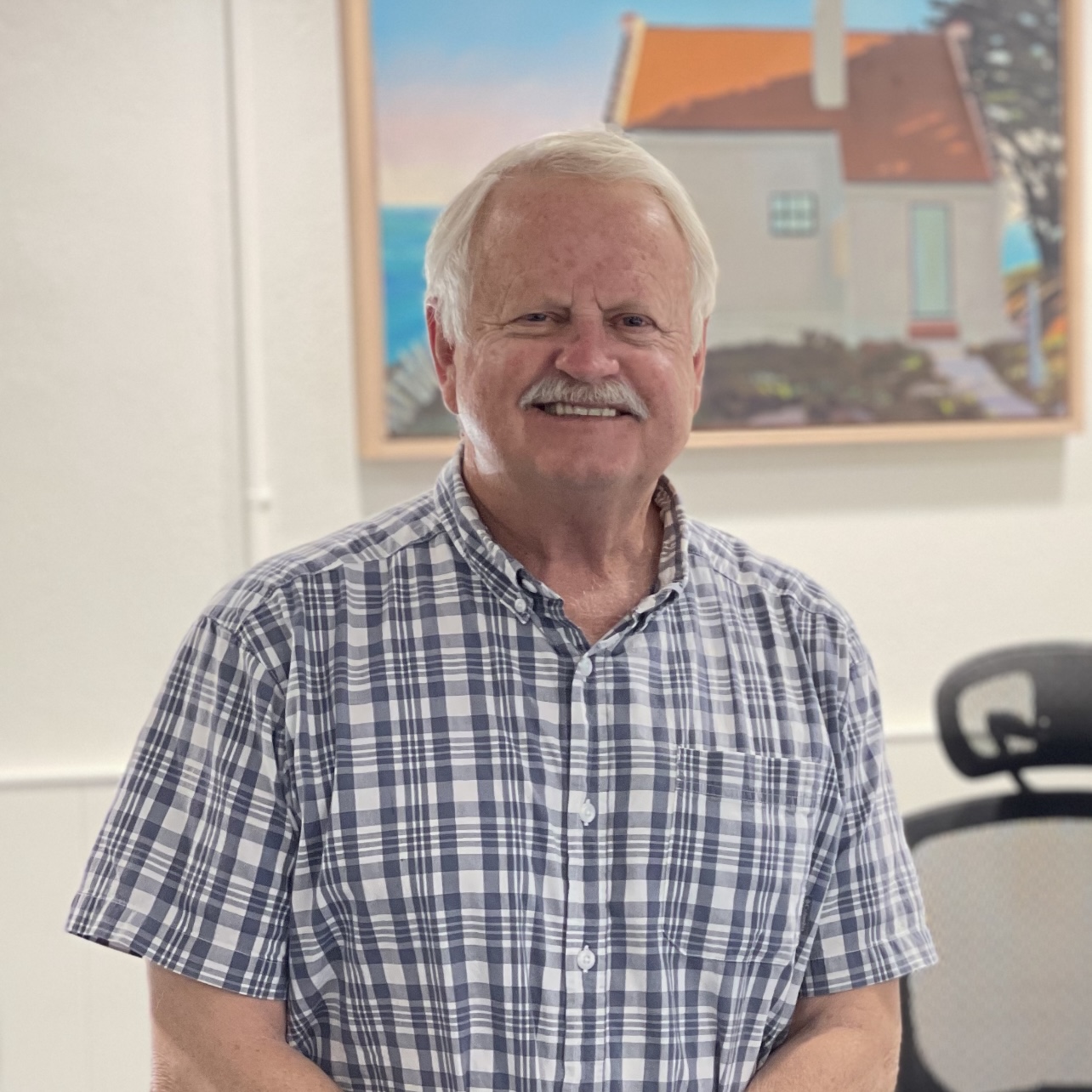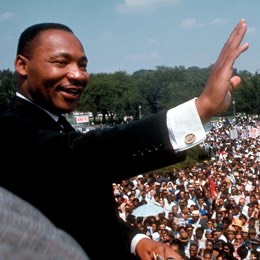If you’ve been keeping up with what’s going on in the city, you’ve probably heard about our newly elected mayor, Randy Rowse. As a previous member of the Santa Barbara city council and owner of the Paradise Cafe, Rowse has stayed active in the Santa Barbara community for the 36 years he has been here. At a time when national discourse is especially present in the United States, Rowse leans away from party politics to focus on individual issues; he believes that his non-partisan affiliated stance especially resonated with the voters of Santa Barbara. Along with this, Rowse has said that he will restore the city’s finances by cleaning the city, developing a homeless strategy, bringing in new businesses, and increasing the safety and security of the city.
One of Rowse’s main priorities is improving the cleanliness of the city–specifically, State Street. “Everybody is talking about State Street because of the changes that we went through for Covid,” he said. Rowse plans on cleaning up State Street to create a welcoming nature. He believes the first step is to have city officials start the cleaning to set a good example for Santa Barbara residents. He says that cleaning up the city will gain the respect of residents and tourists, because “if something begins to be dirty, it becomes perpetually dirty.”
Rowse hopes to ease concerns over the homeless population. He believes that the rising prevalence of mental illness is the reason behind this issue, “Drug use, substance use, and abuse is a really big national problem,” he explains. Rowse thinks drug addiction should be taken more seriously, “We can’t condemn people from having disease, because it’s not a character flaw. It’s a disease,” he says. Rather than passing more laws, Rowse plans on implementing policies that will provide consistency, enforcement, and presence. Increasing the number of non-sworn officers, who will “talk to them, guide them to services, [and] look over their behavior,” is another part of his plan. Along with this, he plans on providing an authoritative presence, cleaning out encampments, and not allowing unacceptable behavior will yield great improvements. “If they’re going to be a part of the community, which I embrace, then let’s have them participate as you or I would,” he said.
Rowse says that the businesses shutting down is a “nationwide problem.” He explained that before the pandemic, Santa Barbara had one of the “lowest vacancy rates in the state,” and that most properties are privately owned. “Everybody is starting to adjust to the market. We are starting to see businesses get leased out again,” he says. Rowse plans on reforming the building permit process to make it more sensible in a way that allows business owners to get work done with certainty. Rowse states that the current permit process has produced a “lack of certain outcomes.” Rowse believes that State Street will get its vibrancy back, and once that happens new businesses will fill in.
The safety of Santa Barbara is another one of Rowse’s priorities. “We’re down quite a number of our law enforcement officers,” he says. Because funds are needed to recruit good law enforcement officers, Rowse isn’t planning on following the ‘defund the police’ movement. Rowse says that he plans on recruiting police officers from the city, “It would be great to have people that grew up here.” Recruiting from the city will provide a police force that “understands the neighborhoods and our nuances that make us Santa Barbara.” Funds will also be needed to provide law enforcement with training programs that will provide a better understanding on handling difficult situations. Training is a big priority for the Santa Barbara law enforcement officers, who are already trained in methods such as Verbal Judo, implicit bias training, and de-escalation.






Be First to Comment